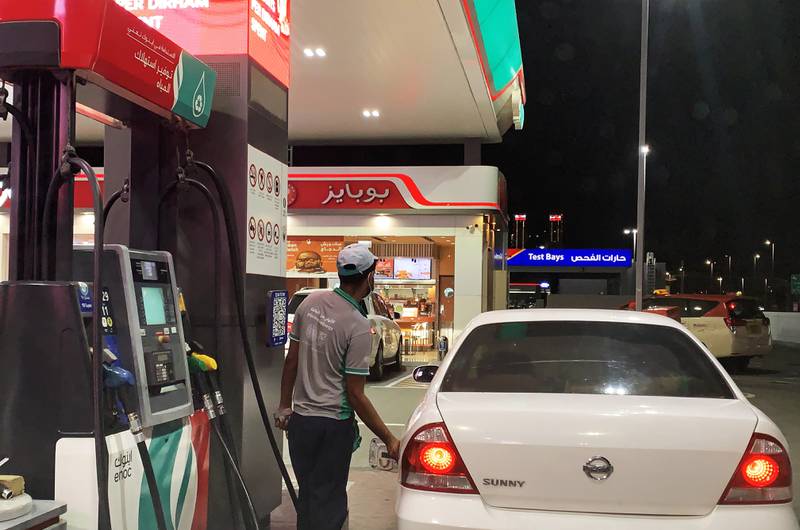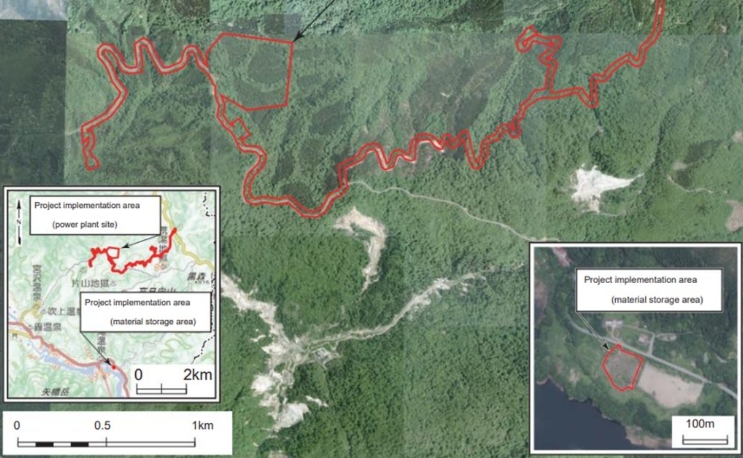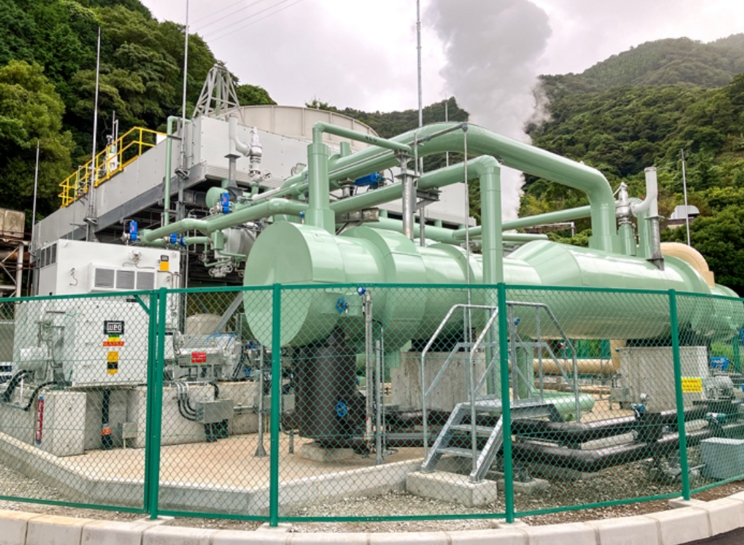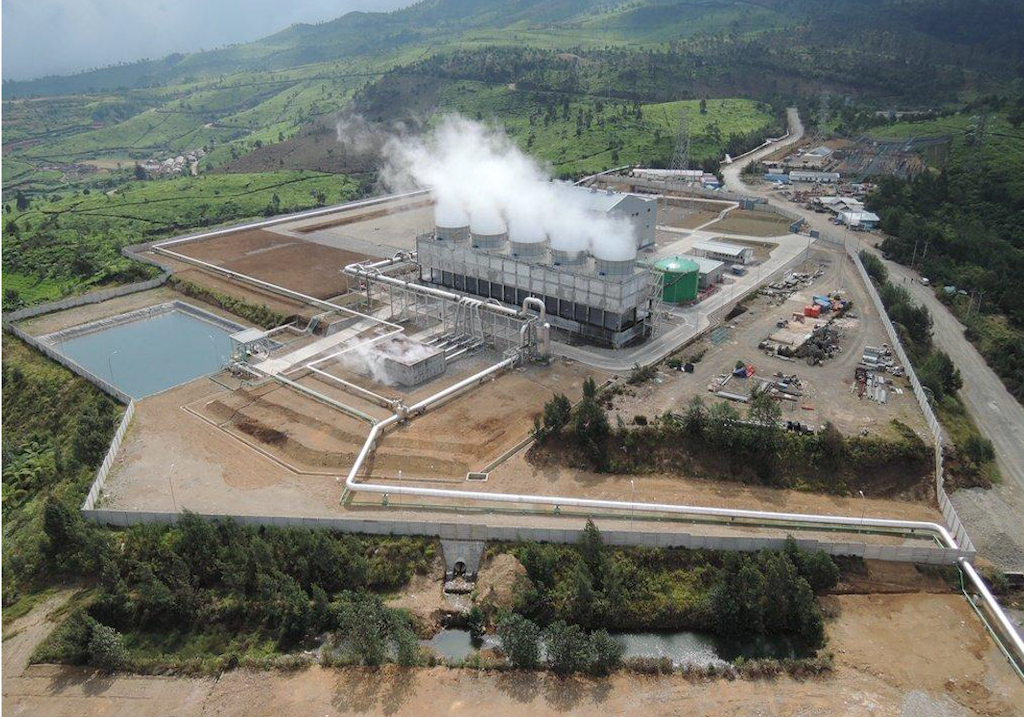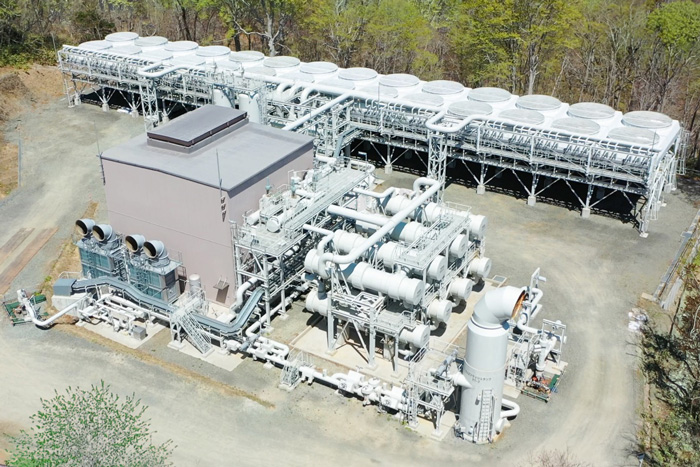Motorists across the Emirates will pay less at the pumps
Petrol prices in the UAE for January have been announced. Pawan Singh / The National
The cost of petrol across the UAE will fall in January, it has been announced.
Earlier this year, prices reached their highest level since they were liberalised in 2015 to allow them to move in line with the market.
The breakdown in price per litre for January is as follows:
• Super 98: Dh2.78 — from Dh3.30 in December
• Special 95: Dh2.67— from Dh3.18 in December
• Diesel: Dh3.29 — from Dh3.74 in December
• E-plus 91: Dh2.59 — from Dh3.11 in December
In 2020, prices were frozen by the Fuel Price Committee after the onset of the coronavirus pandemic. The controls were removed in March 2021 to reflect the movement of the market.
Oil prices remained volatile this year amid the Russia-Ukraine conflict, Covid-19-related movement restrictions in China and growing recession fears hitting fuel demand globally.
Brent, the global benchmark for two-thirds of the world's oil, settled 2.94 per cent higher at $85.91 per barrel at the close of trading on Friday. West Texas Intermediate, the gauge that tracks US crude, rose 2.37 per cent at $80.26 a barrel. Oil closed the year with a second straight annual gain.
“Volatility is likely going nowhere fast as we navigate another highly uncertain year, albeit one that surely promises plenty of surprises and twists and turns along the way,” said Craig Erlam, a senior market analyst at Oanda.
Analysts and investment banks expect prices to rebound to about $100 per barrel next year as China reopens its economy and sanctions on Russian crude cause supply disruptions.
Oil demand growth would also be driven by India, Asia’s third-largest economy, Indonesia, South Korea and Malaysia, according to Swiss Lender UBS.
Opec and its allies will remain “proactive” as global oil markets face uncertainty, Saudi Arabia's Energy Minister has said earlier this month.
“In face of a wide range of uncertainties, Opec+ has no choice but to remain pro-active and pre-emptive, and this is not an easy task, especially that the market has the tendency to overreact to news in both directions,” Prince Abdulaziz bin Salman said in an interview with official news agency SPA.
He also said the decision by Opec+ in October to reduce output by 2 million barrels per day was the “right one” for the stability of oil markets.
